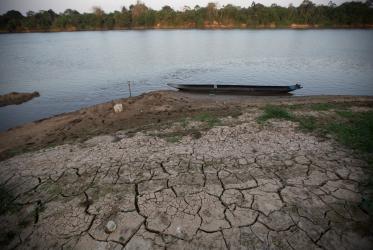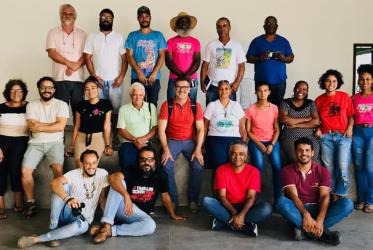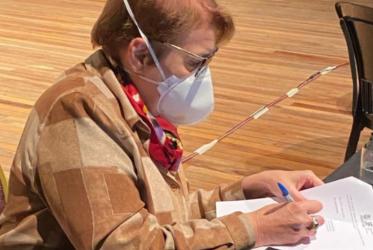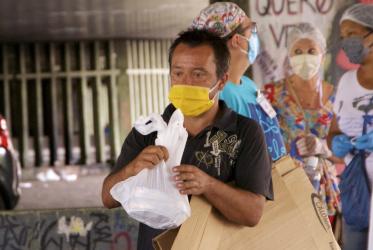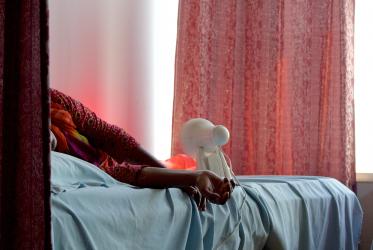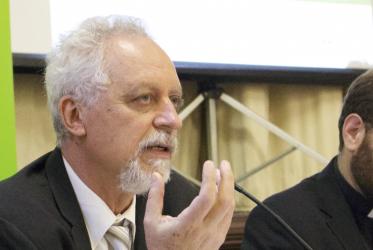Affichage de 21 - 40 de 118
Brazilian ecumenical water network launched
29 Juillet 2021
Pulling together for a living River Pardo
02 Juillet 2021
WCC podcast deals with death and dying
15 Décembre 2020
WCC condemns massacre of farmers in Philippines
12 Avril 2019
Le COE condamne le massacre de fermiers aux Philippines
12 Avril 2019

